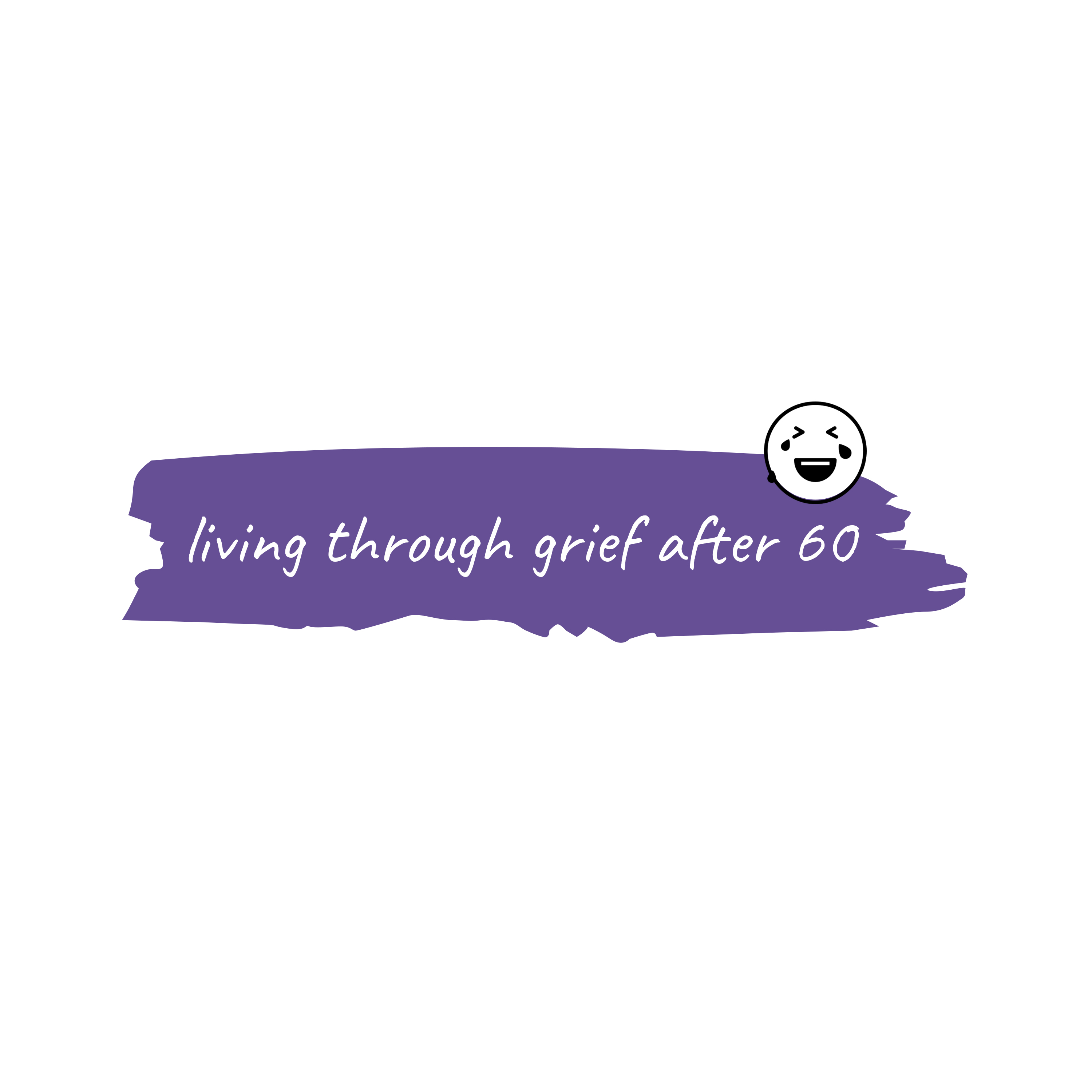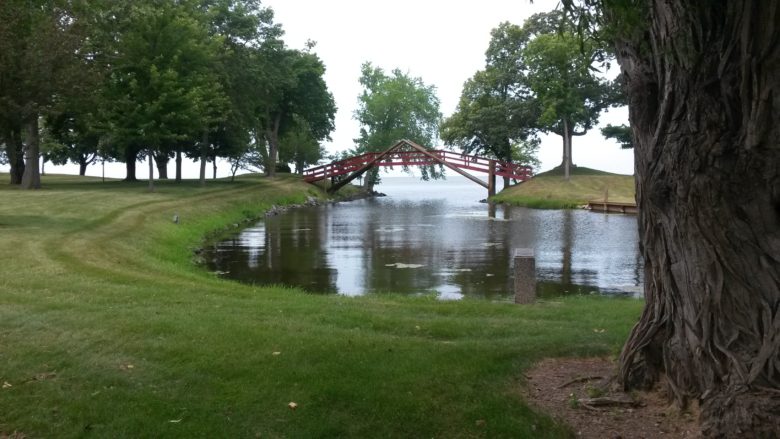This post may contain affiliate links, and I may earn compensation when you click on the links at no additional cost to you.
The Influence of “On Grief and Dying”
Anger is a normal part of the grieving process. It is among the five stages of grief. Denial, bargaining, depression, and acceptance are the other stages, according to Elizabeth Kubler-Ross’ book “On Grief and Dying”. The book was initially written based on the author’s experience with terminally ill patients. Kubler-Ross never meant to imply that these stages come right after the other upon the death of a loved one. Survivors experience at least one of those stages for years following their loved one’s death.
People may only experience one or even two of the stages instead of all five, wrote Christina Gregory, PhD in Psycom.net in 2019. A survivor may experience anger only. Someone else may experience anger, depression,and acceptance. “It is now more readily known that these five stages of grief are the most commonly observed experienced by the grieving population”, Dr. Gregory continued.
Why Anger is Part of Grieving
It is “normal and healthy” for people mourning the death of a loved one to have mixed emotions, Dr.Alan Wolfelt wrote in 2011. Anger stirs whether “we are offended, injured, treated unjustly, or experience the catastrophic pain of death”,wrote Robert T. Cassell in 2004. Anger as part of grieving should never be considered unusual. Having angry feelings toward the deceased is not a reflection of the relationship of the person who died and their surviving loved one.
The survivor experiences a wide range of emotions following a loved one’s death. Confusion, disorganization, fear, guilt, relief or anger are just some of the emotions people feel upon a loved one’s death, Dr. Wolfelt wrote. The death of a loved one may result in survivors feeling one or all of these emotions. Loved ones may feel angry if the deceased did not take care of himself/herself. Surviving loved ones may have feelings of anger at the deceased for leaving them alone. This is painful especially if a married couple had been together for many decades.
How Anger and Grief Affects Women Over 60
Women who are 60 and older may have feelings of anger toward their spouse. One reason is because she must now handle tasks that her husband had been in charge of. She now feels unprepared to handle additional responsibilities she had little to no knowledge about. His widow, in addition to grieving the loss of her husband, is now overwhelmed with these new duties and responsibilities.
His grieving widow feels angry because she must go on alone without her husband if he was the “breadwinner” while she took care of the house and kids .His widow may feel abandoned in addition to feeling overwhelmed and angry if her husband died unexpectedly. A survivor may realize she depended on her husband completely to provide for his family’s needs. She may now be angry at herself for taking him for granted.
Reasons For Anger at Deceased Young People
The death of a teenager is especially sad because they died before they truly begun to live. A teenager’s family may feel sad and angry if the teen dies in an accident. The teenager’s parents may be angry at them for not being more careful and taking too many risks. Their grieving family may also get angry with God for permitting their loved one to die before their time.
Feeling Angry If The Deceased Was Terminally Ill
The survivor may be angry at the doctor for not doing enough to help save their loved one’s life if the deceased died of a terminal illness. His widow may feel angry because the deceased did not take better care of himself. She may feel angry because her husband did not seek medical help until it was too late.
Feelings of Anger and Family Estrangement
An estranged survivor may have feelings of anger because the deceased died before they had a chance to reconcile. The loved one may feel angry if the deceased was unwilling or unable to discuss the problems that led to the estrangement. The person’s death may result in strong feelings of anger, guilt and disappointment that a discussion that may have led to a reconciliation never took place. The loved one will always feel a poignant sadness and anger with the deceased. The knowledge that a restored relationship with the will remain non-existent is especially painful for a loved one.
Anger at Well-Intended Loved Ones
Joanetta Hendel asked in 2004 what it is “about human beings that make us want to lash out and hurt others when we are hurt?”. A widow continues to grieve long after the funeral is over. Friends and relatives have returned to their daily lives. Comments to survivors from well meaning friends such as “It was God’s will”, and “he/she is in a better place” are intended to offer comfort to a survivor, but are in reality insensitive. A great amount of strength is needed to not respond in anger to comments meant to offer support.
Grief does not have a specific timetable when survivors are “supposed” to get on with their lives. Survivors continue to have feelings of anger at God and/or the doctors failing to provide a cure for the disease that led to their loved one’s passing. They may feel especially angry at friends and relatives who, with the best of intentions, now begin to encourage them to begin to get used to living their lives without their loved one..
How Survivors Can Work Through Their Anger
Four ways for survivors to work through their anger constructively include the following, according to Cassell:
- Confessing that you are angry;
- Understanding your anger;
- Working the anger our of your system;
- Avoiding the need to over-intellectualize.
People are more likely to become ill following a death in the family. A loved one’s death is one of the biggest stressors in a person’s life. Survivors suppressing anger is a primary reason why they are more likely to become ill following the death of a loved one.
How Support Groups Can Address Anger
Healing occurs when survivors are able to openly express their grief, Dr. Wolfelt suggested. The healing process begins when people cry and/or become angry at the person and/or the circumstances leading to the loved one’s death. Survivors are encouraged to find a support system consisting of caring friends and relatives who will unconditionally provide the support needed to begin to heal, Dr. Wolfelt recommended.
Survivors feel comfortable in a good support group to lash out in anger at their deceased loved one, their doctors, and well-intended “friends” trying to minimize their grief instead of encouraging them to grieve in their own way and on their own time. Support groups provide a safe way for survivors to express their anger at losing a loved one and facing life without them.
More Information on Grief and Anger
Everyday Madness: On Grief, Anger, Loss and Love can provide more information about grieving and anger. The author outlines the anger she experienced following the death of her partner of over 30 years.
A Final Thought on Grief and Anger
Children are taught from an early age that anger is a bad emotion that should be avoided. Anger and its honest expression of it following the death of a loved one helps survivors begin to heal. When my father passed away unexpectedly in 2002, the first emotion I felt was not denial, but anger. Anger that he never tried to stop smoking, a habit that begun at age 12. The last thing my father did before his death was smoke yet another cigarette. It continues to sadden, and anger me, even today. I am living proof that grieving does not necessarily have five specific stages one after the other. People have their own individual way of grieving, and the stages they experience while grieving are as unique as they are.

